Cultivating Courage
What is Courage?
The ability to feel fear and act anyway. Understanding courage helps us to consciously cultivate it. Seeing courage similar to a muscle, where we must exercise it to grow it, so the more we face our fears the more courage we have.
It is an automatic feedback loop= Identify fear>take action anyway>experience result>courage develops>Identify fear and on again.
We must first acknowledge that fear of all kinds is natural and there is nothing wrong with fear. Creating a relationship with fear in this way helps us to release shame or guilt that we can feel around even having fears. It is often these byproduct feelings that stop us from taking action.
Some fear is useful and some fear is not, learning to discern between is where your power lies.
Unacknowledged fear is the most powerful, meaning that when we are mindful and tap into the deeper space and origin of the fear we are able to overcome and even understand it. If we are unwilling to take the time to look at the actual root cause we may never be able to overcome an unknown fear.
Taking conscious action to overcome fear helps to release the tension of the fear and can sometimes remove the fear altogether.
Acknowledge that fear can put you in more danger through your body’s reaction. When the body receives the message of fear it creates a physiological fear response such as an increased heart rate, increased rate of breathing or other more obvious fight or flight responses. This automatic response can negatively affect you if you are not actually in danger. Learning to control your response will support you in many ways.
Did you know that fear is just a chemical reaction in the body, specifically the brain? Do the chemicals know what you should and shouldn't be afraid of? Of course, they don't. You do.
The more often you face your fears the more courage you have.
How to overcome fear and cultivate more courage.
Identify your fears. Doing this takes the power away from them and gives it back to you. It is most effective to create a list and write down what it is you are afraid of. Write down what you are afraid of when it comes to teaching on Thursday night, make a list, and bring your awareness to your fear so you can take back your power.
Stop and breathe. This will help you while you are experiencing fear at any time, but use this whenever we practice teaching. If you lose your spot, if you fumble your words, STOP AND TAKE A BREATH. I promise this is the best thing you can do to get yourself where you want to be. You can also instruct your students to do the same, an extra breath or 2 is probably exactly what they need.
Acknowledge your fear, feel it and let it go. When we deny how we truly feel we often hang onto that feeling. There is a saying "What you resist persists." This can be connected to fear. If you let yourself cry, yell, or do anything that allows you to an emotional response you are feeling that feeling and allowing it to move through you. Moving the energy out of you.
Feel the fear and do it ANYWAY! Taking action inspired by fear is what works your courage muscle. It doesn't matter if it is having a difficult conversation, learning something new, being truly authentic or jumping out of a plane, all of these actions help you to exercise your courage muscle and cultivate more courage and also know you will be ok.
Activity Suggestion: Take a minute to write out your fears. Own them. Maybe even share them with someone you trust and love. When we express our fear this takes courage but it also can take the power away from that fear.
Tip: Do something today to help you face a fear you have, and cultivate more courage.
Book Suggestion: Big Magic By Elizabeth Gilbert
If you would like to dive a little deeper I have made a video connected to cultivating courage for the Yogi Institute Yoga 200 program. In this video, I go more in-depth with the above concepts.
Video for cultivation Courage: https://app.arketa.co/yogiinstitute/videos/checkout/hpXaCLVkiy7Cerop9qff





